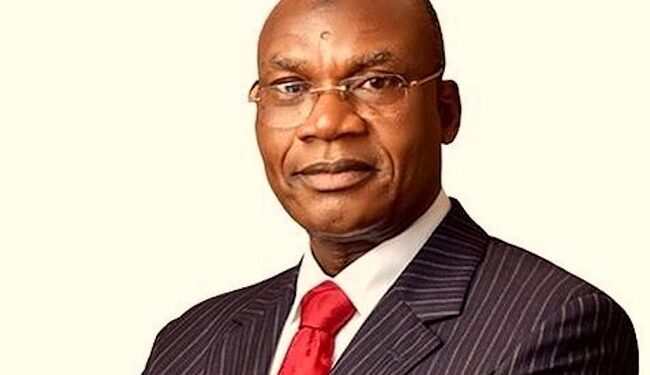The Federal Government has introduced a new curriculum for Basic and Senior Secondary Education in Nigeria, set to take effect from October 2024.
The revamped curriculum integrates knowledge, skills, and values, with a particular focus on skill acquisition, aiming to equip students with practical abilities that align with the economy and ensure a productive post-graduation life.
Minister of Education, Professor Tahir Mamman, made this announcement on Thursday in Abuja during the opening of the Ministerial Session of the 68th National Council on Education (NCE) for 2024.
The NCE, chaired by the Minister, is the top policy-making body for education in Nigeria, and is expected to officially approve the new curriculum along with other recommendations from the Officials’ Meeting, led by the Permanent Secretary of the Federal Ministry of Education.

Highlighting the outdated nature of the current curriculum, Mamman stressed the urgency of integrating skills and technology to match global standards. “Technology is disrupting every industry, including education,” he said, emphasizing that a well-designed curriculum is crucial for sustainable development and educational relevance.
The government has also completed a review of 15 trades and entrepreneurship subjects for senior secondary education, while efforts are underway to revise the National Policy on Education. Additionally, the Nigeria Certificate in Education (NCE) curriculum has been updated in collaboration with the British Council to strengthen teacher education.
Mamman also addressed concerns about the 18-year age limit for university admissions, clarifying that while the rule remains part of the National Policy on Education, guidelines will be developed to accommodate exceptionally gifted students below this age.
Minister of State for Education, Dr. Yusuf Sununu, reiterated the need for educational reforms to meet the challenges posed by technological advancements and globalisation, stating that innovation and relevant ideas must be injected into the system to drive national development.




